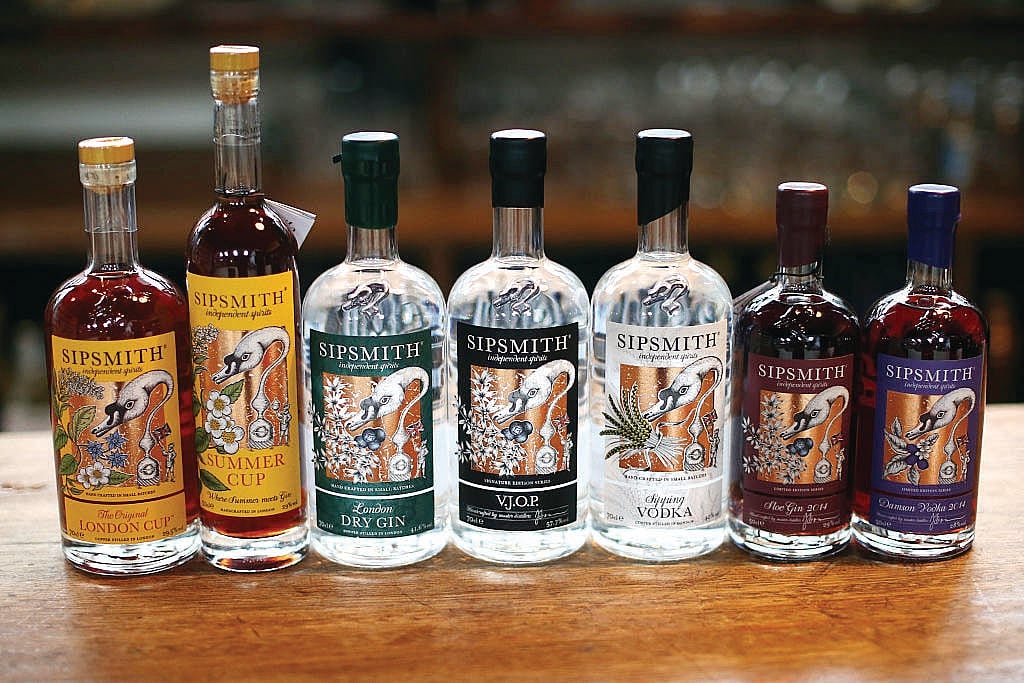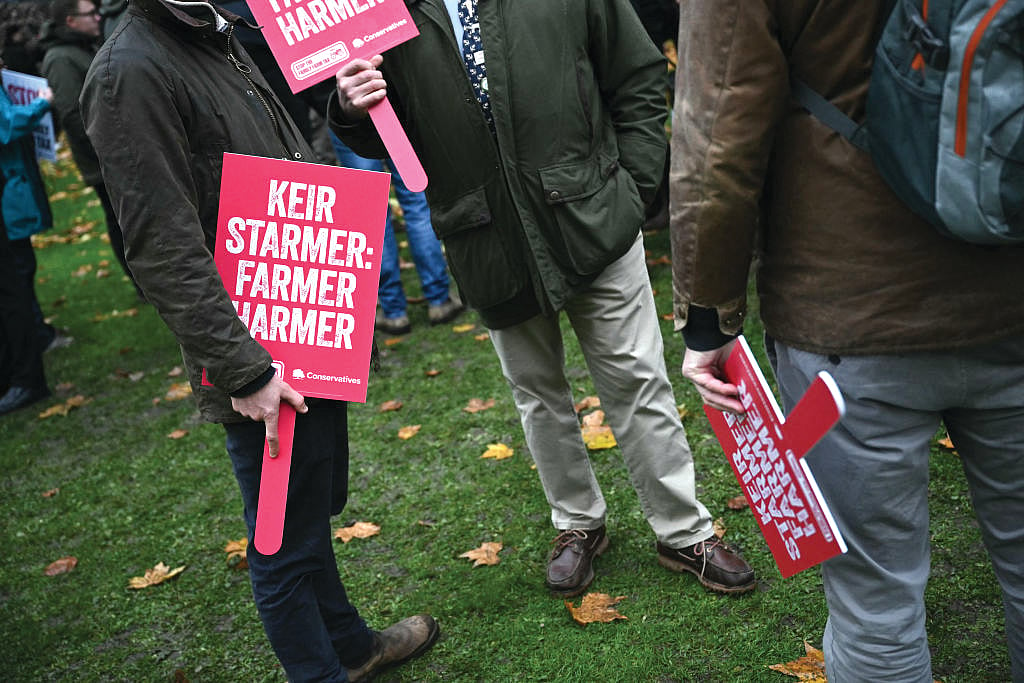London Diary: Visiting London? Leave your phone at home
Anecdotal evidence suggests that nowhere in London is safe, and that owners of new iPhone models are particularly vulnerable

Visitors to London beware. It has just been declared the phone-snatching capital of Europe.
Anecdotal evidence suggests that nowhere in London is safe, and that owners of new iPhone models are particularly vulnerable.
‘Smartphones have been reported stolen from gym lockers, churches, handbags and pockets at nail salons, in parks and while shoppers browse supermarkets,’ the Times reported, quoting police sources.
Phones have also been snatched after victims have dozed off on public transport or alighted at their destination, according to police data.
Rezai-Karimi, whose new iPhone was snatched while waiting to cross the road in London, said: “I’ve been to several European cities and while I don’t feel unsafe, I’m probably more aware of my surroundings here. London feels like the hub of this type of crime. We’re trying to get the economy going but how will we encourage tourists to visit London when people are doing these kinds of things?”
Well, don’t say you weren’t warned.
---
Britain has a new national drink
It’s official. Brits have gone off tea.
And guess what have they ditched it for? Good old G&T (gin and tonic) which, like tea, is a quintessentially British drink that lost its popularity somewhere along the way .
Old habits, however, die hard, and so it’s back.

In a recent survey, more than 2,000 Britons were asked what they preferred to have when they met friends. G&T won the day by a slim majority—44 per cent against the 41 per cent who still preferred tea.
The remaining 15 per cent were undecided and unable to choose one over the other.
For teawallahs, the writing on the wall has been clear for a while with tea sales flagging and gin rising.
Britain remains the world’s biggest market for gin with sales last year reaching £750,000,000. According to recent figures, sales figures of everyday black tea (as against the herbal variety), such as PG Tips and Yorkshire tea, fell 6 per cent in 2022 to £341 million.
A further eight per cent fall in coming years is anticipated.
Davide Zanardo, of Bacardi UK & Ireland, described gin and tonic as Britain’s new ‘national drink’.
Cheers.
---
Playing with words
The British Council has published a list of 90 words to mark its 90th anniversary.
From the invention of terms such as ‘nylon’ in the Thirties and ‘disc jockey’ a decade later, to the rise of Gen Z slangs like ‘rizz’ and ‘edgelord’, it charts the evolution of the English language.
Highlights include karaoke, the Japanese term for ‘empty orchestra’ that hit English in 1977, and ‘situationship’, a 2017 portmanteau describing a casual relationship without commitment, often based more on convenience than attraction.
The list also includes ‘virus’ and ‘doom scrolling’, which describes the act of endlessly scrolling through social media.
Dr Barbara McGillivray, a linguistics expert, said that language was constantly evolving, influenced by both technological advancements and social changes.
“I’m always amazed at how language evolves with the times … I was struck by how profoundly technology reshapes communication and how fast these changes happen,” said McGillivray, who was one of the experts who helped compile the list.
Etymologist and broadcaster Susie Dent said that the list of 90 words “[distils] the preoccupations and events of their time and [highlights] the changes to our world, its increasing interconnectedness and the latest slang popularised by new generations. In every case, we will see the versatility of English in catering to our needs.”
Words, words.
---
When names rhyme, slogans chime
What’s in a name? Ask British Prime Minister Keir Starmer who must be wishing his parents had given him a name which didn’t rhyme so easily and so well.
‘Starmer Farmer Harmer’ declared placards carried by Britain’s farmers last week, protesting his government’s decision to impose inheritance tax on farm assets worth one million pounds.
Earlier, critics of his policing policy called him ‘Two-Tier Keir’ for allegedly advocating double standards.

One commentator wrote that he was hard put to recall if any prime minister “has had the misfortune of more words rhyming with his name”.
Tony Blair’s name was reordered into ‘B-liar’ for lying about the threat from Saddam Hussain and using it to justify the invasion of Iraq.
The most memorable slogan, though, remains: “Thatcher, Thatcher Milk Snatcher” in 1971, referring to Margaret Thatcher’s decision to stop schools from giving free milk to poorer schoolchildren.
---
Heard of ‘demisexuality’?
No, it has nothing to do with one’s partiality for one sex or another.
It simply means hooking up with someone you have “a really close emotional bond” with, as Britain’s culture pundit Charlie Gowans-Eglinton put it.
The term, coined by Australian singer Tulisa Contostavlos, has gone mainstream.

Taking part in a sexually permissive reality TV show, she said: “I feel like I’m a bit demisexual, I need to have a really close emotional bond built with someone. I need meaning and I need real depth. I’m a slow, slow burner.”
Well, there you are.
---
And, finally, a letter in the Times tells us how British architect Edward Maufe once greeted his hostess at a party somewhat brusquely, “Good evening, I’m Maufe.” To which she replied, rather icily: “So sorry that you have to leave so early.”
Follow us on: Facebook, Twitter, Google News, Instagram
Join our official telegram channel (@nationalherald) and stay updated with the latest headlines
